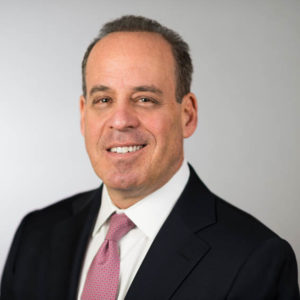The Dodd-Frank Act created a robust whistleblower program within the SEC, and the years since have demonstrated how seriously the Commission takes its whistleblower protection role under that program. SEC Rule 21F-17, promulgated under the Dodd-Frank Act, prohibits “any action to impede an individual from communicating directly with the Commission staff about a possible securities law violation, including enforcing, or threatening to enforce, a confidentiality agreement.” The SEC’s rules not only prohibit retaliation against individuals who report suspected wrongdoing to the Commission, but proactively secure the rights of whistleblowers by prohibiting any type of contract or agreement that might impair or discourage an individual’s right to bring concerns to the SEC’s attention.
Just last month, the SEC confirmed the serious nature of these rules yet again by fining a New York-based investment adviser $10 million for entering into employment agreements and severance agreements with departing employees that had the potential to limit whistleblowing disclosures to the SEC. On September 29, 2023, the SEC announced (link) the settlement of charges brought against investment advisor D.E. Shaw & Co., L.P., which agreed to be censured, cease and desist from violating the whistleblower protection rule, and pay a $10 million civil penalty.
The charges arose from D.E. Shaw’s employment agreements with new employees which contained a provision prohibiting the unauthorized disclosure of confidential information outside the company – a standard provision in many employment agreements. The SEC, however, determined that this provision violated Rule 21F-17 because it did not contain an explicit exception allowing voluntary communications with the Commission about possible violations of the securities laws. While D.E. Shaw revised its employment agreements in 2019 to address this issue, the SEC found an additional violation because the firm continued through 2023 to require departing employees to sign releases in which they had to affirm, in order to receive deferred compensation and other benefits, that they had not filed any complaints with any governmental agency, department or official.
These charges demonstrate the importance of scrutinizing contractual agreements closely to ensure that they comport fully with the SEC’s whistleblower rules.
Winget, Spadafora & Schwartzberg, LLP provides counsel and guidance to numerous clients in the securities industry to ensure that their employment agreements and other contracts comply with the SEC’s whistleblower rules and other critical regulatory requirements. If a review of your contracts for conformity with these rules would be useful, please do not hesitate to contact our Securities Litigation Practice Group.






